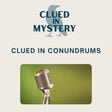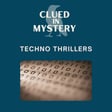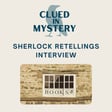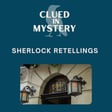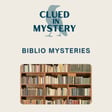
Character Driven Mystery with Trixie Silvertale
USA Today best selling author Trixie Silvertale joins Brook and Sarah to discuss what makes a mystery character driven and why mystery fans tend to prefer mysteries that focus on character. The conversation does include spoilers for Glass Onion (2022).
Discussed
Lillian Jackson Braun
Agatha Christie
The Glass Onion (2022) Netflix
For more information
Instagram: @cluedinmystery
Contact us: hello@cluedinmystery.com
Music: Signs To Nowhere by Shane Ivers – www.silvermansound.com
Sign up for our newsletter: https://cluedinmystery.com/clued-in-cartel/
Join the Clued in Cartel: https://cluedinmystery.com/clued-in-chronicle/
Find Trixie Silvertale
Website: https://trixiesilvertale.com/
Instagram: @trixiesilvertale
Facebook: https://www.facebook.com/TrixieSilvertale/
Patreon: https://patreon.com/TrixieSilvertaleCozyMysteryBooks
Amazon: https://www.amazon.com/author/trixiesilvertale
BookBub: https://www.bookbub.com/authors/trixie-silvertale
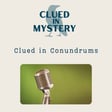
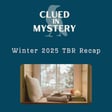
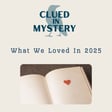
![[Re-release] Anthony Berkeley image](https://media.zencastr.com/cdn-cgi/image/width=112,quality=85/image-files/61e1c276e3ec42007857cff9/e7c778ac-a2ba-4809-9a5c-7cd39d167834.jpg)
![[Bonus] Wake Up Dead Man image](https://media.zencastr.com/cdn-cgi/image/width=112,quality=85/image-files/61e1c276e3ec42007857cff9/e276ac32-e664-464f-956c-7699bdb60aa5.jpg)
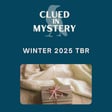
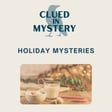
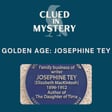
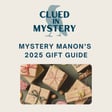
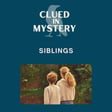

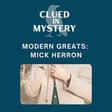

![[Bonus] Read Along: Daughter of Time image](https://media.zencastr.com/cdn-cgi/image/width=112,quality=85/image-files/61e1c276e3ec42007857cff9/b953ad72-c43e-48ca-a18a-b3c216ab90ee.jpg)

